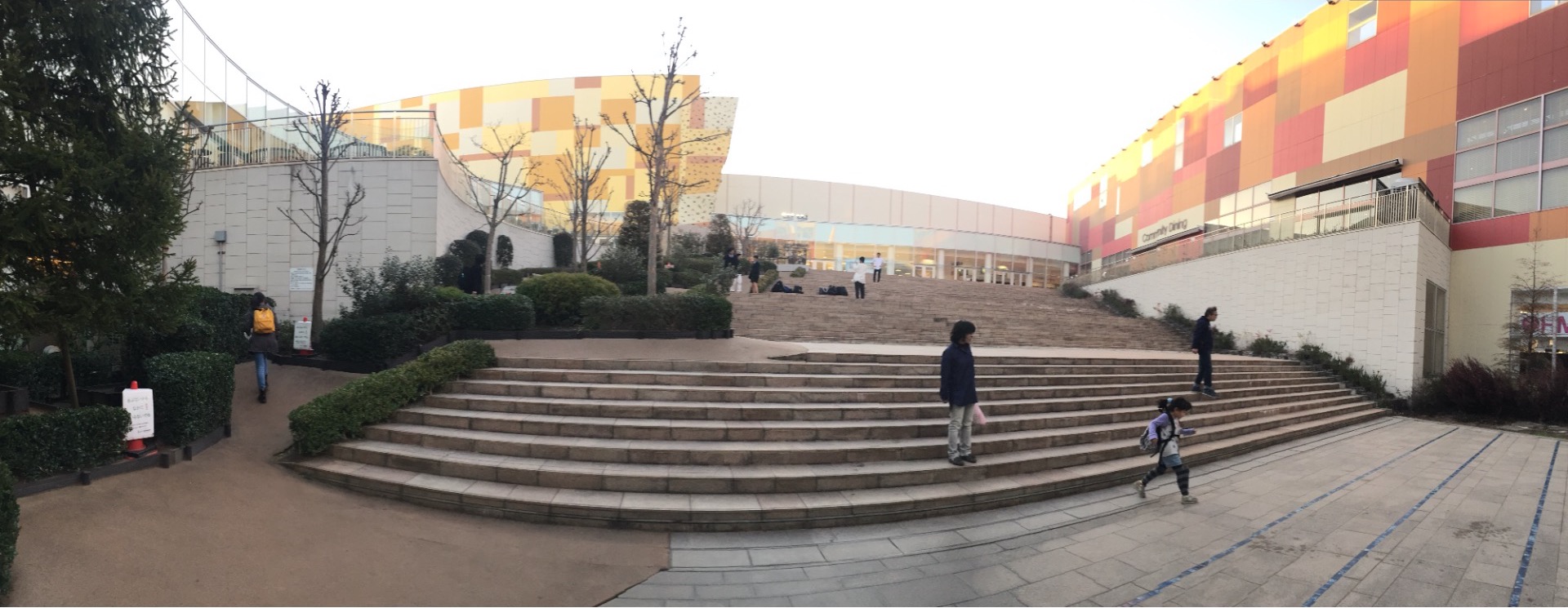I recently took part in a design workshop held from 17–25 Feb 2017 at the Center for Environment, Health and Field Sciences, Chiba University, Japan. It was conducted as part of a collaboration between Tsinghua University, National University of Singapore, and Chiba University. Here’s the output that our team produced for local officials at Kashiwanoha city.

Design objectives
Assess site conditions in the context of the ‘Kashiwanoha Smart City’ concept and vision. Include the current coverage and distribution of green spaces, how such spaces are used, environmental constraints faced in urban greening, the needs of people, relationships between the site and adjacent neighbourhoods, etc.
Identify and articulate key issues that can be addressed through planning and design, keeping in mind current encumbrances.
Develop a conceptual design for how green spaces can be improved, added or amalgamated to deliver more functions, either in improving environmental performance (biophysical or biodiversity), or to better meet the needs of people.